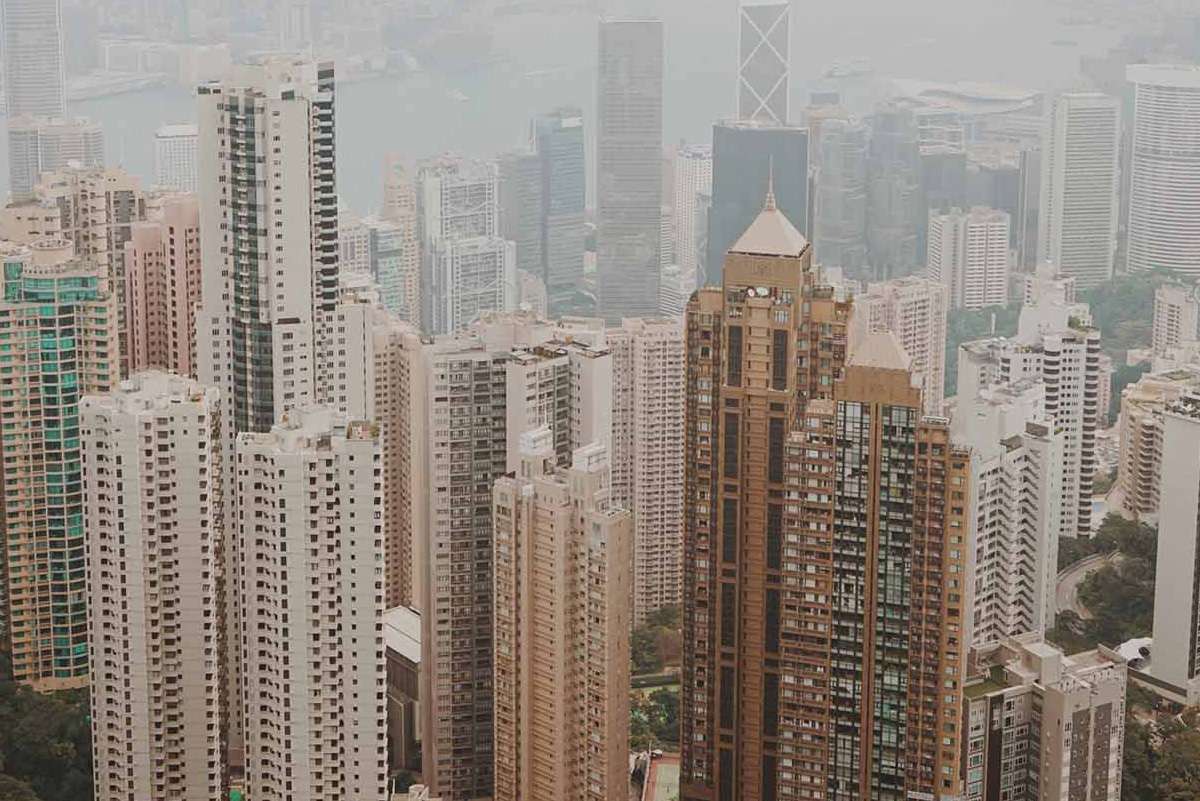YES. ECONOMIC GROWTH INEVITABLY LEADS TO ENVIRONMENTAL DEGRADATION, BUT ECONOMIC DEVELOPMENT DOESN’T.
Economic growth is a steady process by which the productive capacity of the economy is increased over time to bring about rising levels of national income. Economic growth is a unidimensional phenomenon which includes high rates of growth of per capita output and population, high rates of increase in total factor productivity, especially labour productivity, structural transformation of the economy and the international spread of growth to reach out to the rest of the world for markets and raw materials. Economic growth benefits society as it increases the range of human choice.
But economic growth has its costs and side effects also. With economic growth there is concomitant growth in urban growth and the associated psychological stress, generation of slums and unhealthy living and the associated evils of violence, thieving, drunkenness and prostitution, and of course pollution which causes human beings to inhale toxic air, drink toxic water and eat pesticide affected food. At the same time, many social costs have to be paid. While environment keeps getting degraded, more and more does it gets degrade more and more people find employment, more and more is the GDP and thus a higher level of income of the people and a higher growth of economy.
Economic development is much more than just economic growth. While economic growth is an essential component of development it is not the only one. This is because development is not purely an economic phenomenon. It encompasses more than the material and financial sides of people’s lives. Development is a multi-dimensional process involving the reorganization and reorientation of the entire economic and social system. In addition to improvement in incomes and output, it typically involves radical changes in institutional, social and administrative structures, popular attitudes and sometimes even customs and beliefs, attitude towards environment, as well as, the reduction of inequality and eradication of absolute poverty. (M.P. Todaro) Development represents the entire gamut of change by which the entire socio-economic system tuned to the diverse basic needs and desires of individuals and social groups within that system moves from a condition of life which is considered ‘unsatisfactory’ towards a condition of life which is not only materially and spiritually better, but also environmentally better. Economic development is not a process with a beginning or an end. Rather it is a continuous process, a never-ending series of actions intended to promote constant improvement in the environment, health and prosperity of the people. People cannot achieve prosperity by damaging their environment, because ultimately they have to pay a price for it. After all the humans live in this environment.

